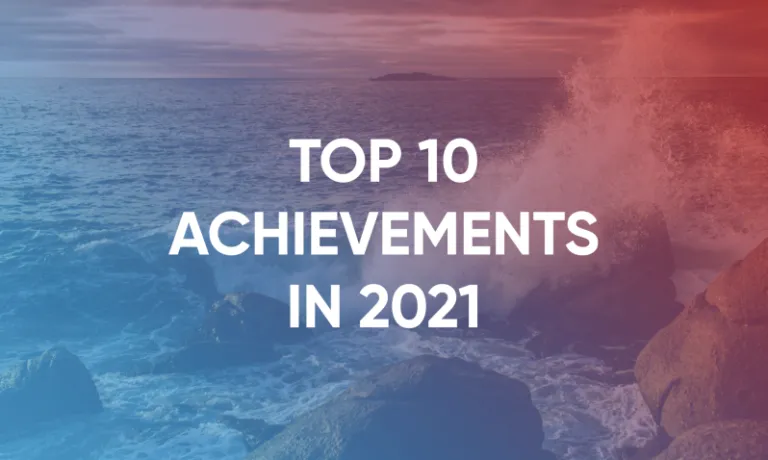
Long Reads

The privatisation of migration control and policing takes different shapes and forms.
The latest iteration comes in disguise – specifically, in four pastel colours: if you were to look at this company's main website, in fact, you'd only find wristbands and tools to monitor the well-being of elderly people who live alone. But as stated in their annual report, the majority of British company Buddi's revenue originates from the criminal justice market.
Since early 2021, PI have been investigating and challenging the latest stride in the UK’s cruel migration policies: the roll-out of GPS ankle tags to monitor migrants released on immigration bail, a dehumanising, invasive

In this article we look at the worst practices in the use of education technology across India's education system - the largest in the world.
Introduction India’s educational system is the largest in the world, with over 250 million students, 50% of whom attend publicly administered schools. The autonomy given by the [Indian

Privacy International ("PI") researched a number of social safety-net projects financed by the World Bank during the COVID-19 pandemic. To inform the World Bank's future implementation of these kinds of projects, this article reflects on how certain aspects of social protection projects can inadvertently lead to excessive surveillance of marginalised communities, impact equal access to urgent social protection disbursements, and interfere with people's dignity and right to privacy.
Introduction In response to the unprecedented social, economic, and public health threats posed by the Covid-19 pandemic, the World Bank financed at least 232 "Covid-19 Response" projects. The projects were implemented

Concerning news from the US about the restriction of the right to abortion have made many reconsider their engagement with platforms processing health data. Here, we provide an overview of our research findings on the intersection of privacy and sexual and reproductive health.

Privacy International has been researching how emergency welfare responses have been handled in different countries in light of the Covid-19 pandemic. Despite the variety of socio-economic and political contexts of the countries researched, PI has found that a lot of them share common concerning elements along the benefit disbursement process, namely the automation of eligibility processes, lack of transparency, excessive data collection, security issues in disbursement methods and more.
The global COVID-19 health crisis not only induced a public health crisis, but has led to severe social, economic and educational crises which have laid bare any pre-existing gaps in social protection policies and frameworks. Measures identified as necessary for an effective public health response

This piece by Tomaso Falchetta, Deborah Brown and Katitza Rodriguez was originally published in Just Security.

Privacy International and UCL student exposes how productivity suite like Office 365 offers features that can enable employers to access all communications and activities on Microsoft services without the employees' knowledge
Imagine your performance at work was assessed directly from the amount of e-mails sent, the amount of time consumed editing a document, or the time spent in meetings or even moving your mouse. This may sound ludicrous but your boss might be doing exactly that. [There are more and more stories

In 2021 Privacy International continued to produced real change by challenging governments and corporations that use data and technology to exploit us. And, we produced substantial impact that directly affects each of us.

Digital health apps of all kinds are being used by people to better understand their bodies, their fertility, and to access health information. But there are concerns that the information people both knowingly and unknowing provide to the app, which can be very personal health information, can be exploited in unexpected ways.

Technology and data are increasingly used for immigration enforcement, putting migrants’ fate in the hands of systems driven by data processing and algorithmic decision making.
As the UK plans a future of dynamic risk assessments for visa applicants, the collection of biographic and biometric data and automated data sharing, we explore the degree to which privacy and data protection laws can defend migrants against abuses of their data and seek redress when their rights are denied.